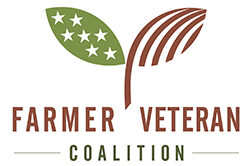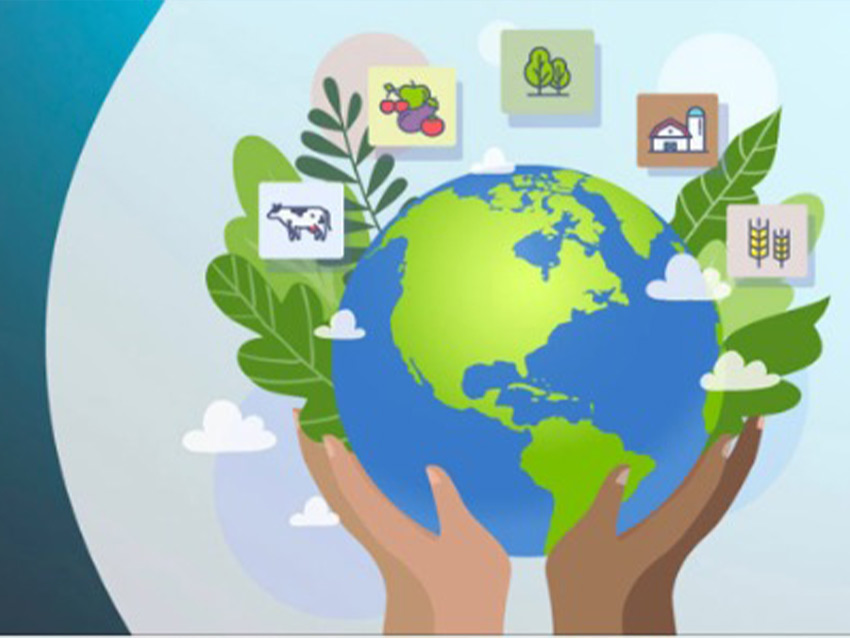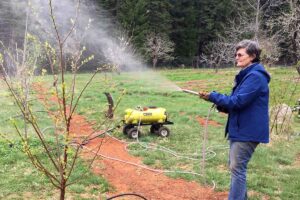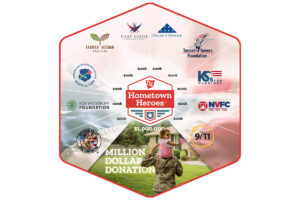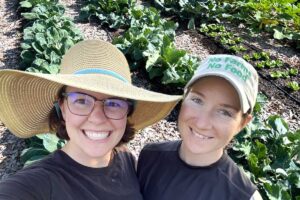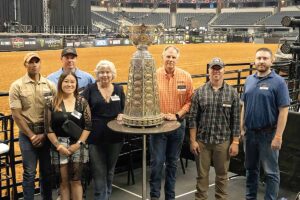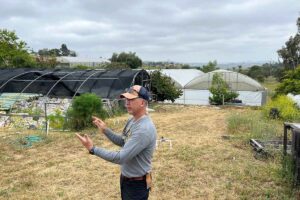In the past several months I have received frequent calls from many of the Climate-Smart Commodity Awardees wanting to partner with the Farmer Veteran Coalition. The projects of these awardees need acreage enrolled in them by owners or operators who are Veterans, beginning farmers and ranchers, as well as other underserved populations.
After receiving feedback from a sampling of our members, it has become evident that as an organization, FVC needs to spend some time assisting our membership in becoming well informed in the ever-changing carbon markets.
Extreme weather events involving temperature, rain, wind and fire are occurring more frequently and with greater intensity every year. To accommodate changing growing conditions, producers and landowners need the best available science to plan for and to implement climate adaptation and mitigation production practices.
Low Participation
Ag carbon markets have existed for 30 years, but farmer participation has been low. From 1996 to 2022, of the 1.7 billion credits generated in carbon markets through the four largest voluntary offset organizations, only 1% came from agricultural products.
Some of you may remember that the USDA almost created an ag carbon market back in 2021, when the agency proposed to create a carbon bank. The idea was that federal funds could be used to purchase carbon credits from agricultural producers. It never came to fruition for political and financial reasons, but it showed interest in federal involvement in carbon ag markets.
Instead of the carbon bank, the USDA in 2022 invested more than $3.1 billion into a newly created partnership for a climate-smart commodities program. The program’s goal is to support the production and marketing of climate-smart commodities, defined as commodities that reduce emissions or sequester carbon.
The program operates through partners like farm trade associations, nonprofits, corporations and universities. The USDA selected 133 pilot projects that cover all 50 states and five U.S. territories, for 102 different commodities, and encompass 203 conservation practices.
Beyond getting more climate-smart practices off the ground, the program should help advance methods for monitoring and modeling the farm-level impacts on climate-smart practices.
Congressional Help
Congress got involved in 2022 by passing the Grower Climate Solutions Act as part of the Consolidated Appropriations Act. The aim was to increase the quality of agricultural carbon credits to make them more attractive to buyers. The legislation directs USDA to do the following:
- Publish a list of widely accepted protocols for credit verification, measurement, and reporting, and a list of methods to account for challenging issues such as additionality, permanent, and double counting of credits.
- Create an advisory council to regularly update the list of accepted protocols and to answer questions such as how to lower farm participation barriers.
- Create a registry and public listing of carbon credit verifiers and technical assistance providers, specifically, which regions that these entities offer services and in what protocols they are proficient.
Indeed, in February the USDA did a justification report titled “USDA Intent to Establish the Greenhouse Gas Technical Assistance Provider and Third-Party Verifier Program.” https://www.usda.gov/sites/default/files/documents/GCSA-JustificationReport.pdf
The report provides an overview of barriers to producer participation in carbon markets, and a discussion of USDA’s role in facilitating participation.
The barriers identified in the report include limited return on investment; high transaction costs, including qualification, verification, and reporting costs; discounting and conservation accounting of benefits generated; limited opportunities for early adopters to access markets; stringent permanence requirements; small scale of agricultural products; market confusion; and lack of demand.
Until the technical assistance providers and third-party verifier program is established, FVC ‘s call center will be available to assist with any questions that you may have. Look for upcoming webinars and podcasts on this subject as well as a plenary session at our conference in Kansas City this fall to provide more education to our membership.
Questions Received
Some of the questions we are currently receiving calls and emails about include:
- On the newest generation of carbon markets, which appear confusing because of how varied they are. Most sell credits. Others offer offset credits, and a few sell both. Some pay by the acre while others pay by the ton. Some are the sole buyer while others represent multiple buyers or a brokerage. This market is still in its infancy, with rules and standards not yet settled, and the new generation uses similar terms differently than prior generations of carbon markets.
- There is considerable debate about how rigorous the standards for the inset programs should be. The advisory board is working on this.
- The maze of eligibility requirements to maneuver through to select a program in your state. Most states have between 18-33 projects to review before you make a selection. Each application has questions for eligibility on land ownership, acreage limits, the type of commodity, and which climate-smart practices are covered.
- The rules for participating in other government programs — such as grants from the Natural Resources Conservation Service to assist with payment for conservation practices if their acreage is signed up into one of the projects.
- Concerns over what is normal for required data. Who owns the data, and will it be sold to a third party?
Farmers will not get rich by participating in the emerging carbon markets. However, farmers can take advantage of the financial support they offer to start or continue their conservation journey. They are definitely worth your time to research, and we are here to assist.
Additional resource from one of our partners: American Farmland Trust-Top 10 things you wanted to know about Ag Carbon Markets.
https://farmlandinfo.org/publications/top-10-things-ag-carbon-markets/
Best Regards,
Jeanette Lombardo
